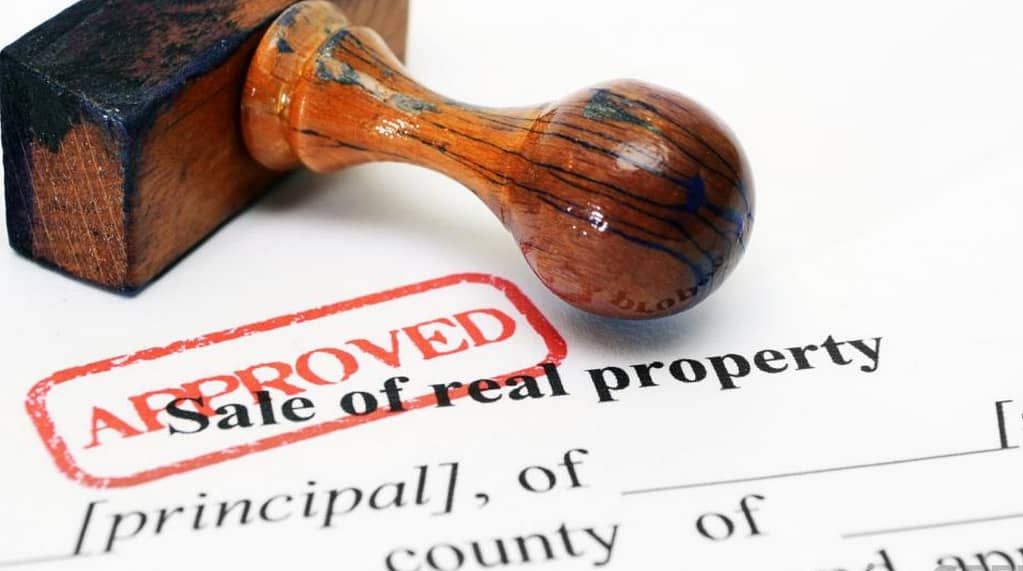In the intricate landscape of real estate, short sales present a unique set of challenges and opportunities for distressed homeowners, lenders, and real estate professionals alike. One crucial aspect of navigating a successful short sale is effective negotiation. As a realtor with experience in short sale transactions, I’m here to provide insights into the key players who must be involved in the negotiation process and shed light on their roles and responsibilities.
The Collaborative Nature of Short Sale Negotiations
Short sale negotiations are a collaborative effort that involves multiple parties working together to reach a mutually beneficial agreement. The success of these negotiations hinges on the expertise and cooperation of the following key players:
1. Homeowner
At the heart of every short sale negotiation is the homeowner, who is coping with financial distress and seeking relief from mortgage obligations. Homeowners play a critical role in providing the necessary documentation, including financial statements, hardship letters, and authorization forms, to initiate the short sale process. Their input and cooperation are essential in conveying their financial situation accurately and transparently to the lender.
2. Realtor
A realtor, often acting as the homeowner’s advocate, is a linchpin in the negotiation process. With a deep understanding of the real estate market, local regulations, and negotiation tactics, realtors bring invaluable expertise to the table. They are responsible for preparing the short sale package, which includes the necessary documents, market analysis, and a compelling case for the property’s value. Realtors also liaise with lenders, negotiate terms, and facilitate communication between all parties involved.
3. Lender’s Loss Mitigation Department
The lender’s loss mitigation department is a crucial player in short sale negotiations. This department is responsible for evaluating the homeowner’s financial situation, reviewing the short sale package, and ultimately making the decision to approve or deny the short sale. The loss mitigation department assesses the potential financial loss for the lender and determines whether a short sale is a viable alternative to foreclosure. Effective communication with this department is essential to secure approval and navigate any potential roadblocks.
4. Investor or Mortgage Holder
In cases where the mortgage is held by an investor or a group of investors, their approval is required for the short sale to proceed. Investors play a pivotal role in the negotiation process, as their consent is necessary to accept a sale price that may be lower than the outstanding mortgage balance. Realtors work diligently to present a compelling case to investors, showcasing the benefits of the short sale as opposed to pursuing foreclosure.
5. Buyer and Buyer’s Agent
Buyers and their agents are also integral to the negotiation process, as they submit purchase offers that form the basis of the short sale agreement. The buyer’s agent communicates with the homeowner’s realtor and the lender to facilitate a smooth transaction. Their involvement ensures that the buyer’s interests are represented and that the purchase offer aligns with market conditions and the lender’s requirements.
6. Title and Escrow Company
Title and escrow companies play a vital role in ensuring that the transfer of ownership is executed correctly and legally. They handle the technical aspects of the transaction, including the transfer of funds, deed recording, and the issuance of title insurance. Their involvement guarantees that the transaction adheres to all legal and regulatory requirements.
The Role of a Realtor in Short Sale Negotiations
As a realtor, my role in short sale negotiations is multifaceted:
- Education and Communication: I educate homeowners about the short sale process, its implications, and the necessary documentation. I also communicate the homeowner’s financial situation transparently to the lender and investor.
- Preparation of the Short Sale Package: I compile a comprehensive short sale package that includes all required documentation, market analysis, and a compelling case for the property’s value. This package is essential in persuading lenders and investors to approve the short sale.
- Negotiation Expertise: I leverage my negotiation skills to communicate with the lender’s loss mitigation department and investors. My goal is to secure approval for the short sale by demonstrating its benefits and aligning with their requirements.
- Coordination: I facilitate communication and coordination between all parties involved, ensuring that the transaction progresses smoothly and efficiently.
- Guidance: I provide guidance to homeowners throughout the negotiation process, addressing their questions and concerns, and helping them make informed decisions.
Conclusion
Short sale negotiations are a collaborative effort that involves multiple stakeholders working together to achieve a common goal. Homeowners, realtors, lenders, investors, buyers, and various professionals all play essential roles in ensuring the success of a short sale transaction. With effective communication, negotiation skills, and expertise, these key players contribute to navigating the complexities of short sale negotiations and ultimately helping distressed homeowners find a viable solution to their financial challenges.



